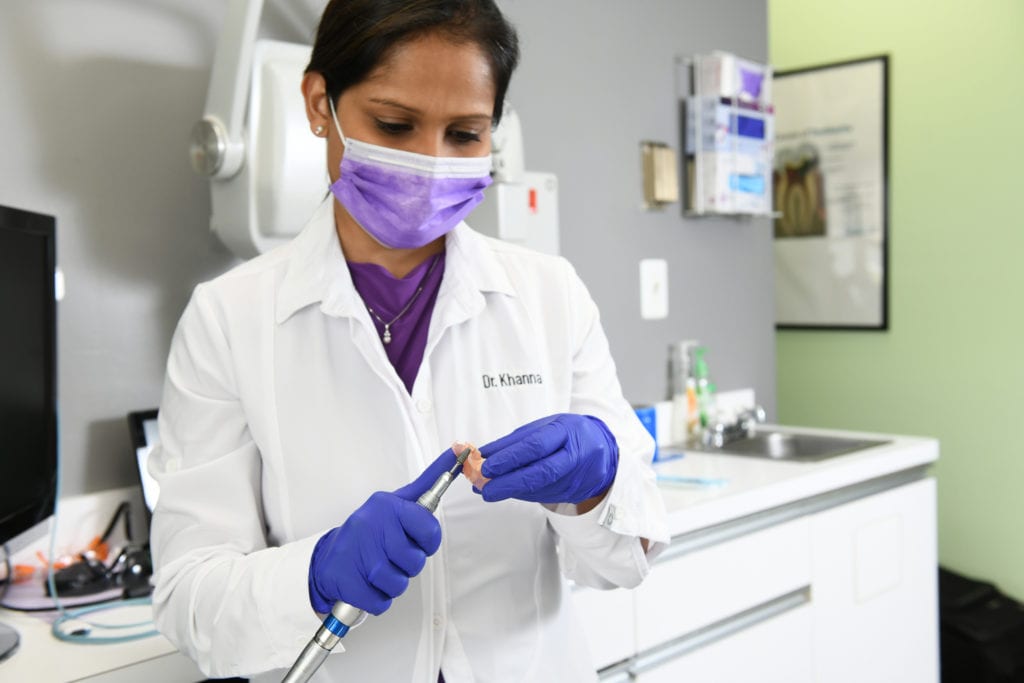What is Vaginismus?
Vaginismus is a condition where the vaginal muscles involuntarily tense, this can cause discomfort or pain when you are trying to insert tampons, have a pelvic examination or during sex. It is not known how many women it affects as it often goes undiagnosed due to embarrassment or fear.
Generally it appears in late teens or early adulthood, when women first try using tampons, need pelvic examinations or have sex. It can also occur later in life when people have previously had no problems.
There are two types of vaginismus:
· Primary, where penetrative sex has never been possible and
· Secondary, where it has previously been achieved but is no longer possible
Causes
It’s not fully understood why people suffer from vaginismus, but it can cause physical, psychological and sexual issues. Contributory factors can include things like:
· Vaginal injury during childbirth
· Anxiety
· After having gynaecologic surgery or radiation therapy
· Fearing your vagina is too small
· Having a fear of sex
· Painful medical conditions like thrush or bladder infections
· Sexual assault or abuse
· Being brought up to believe sex is somehow shameful
Symptoms
Physical symptoms of vaginismus can include:
· Vaginal soreness, redness or swelling
· An unusual or foul smelling discharge
· Pain during intercourse
· Itching or irritation in the genital area
· Pain during urination
Vaginismus can also affect your mental health and well-being and can lead to:
· Anxiety
· Depression
· Relationship issues
Professional Help
If you are struggling with symptoms then you should consult your doctor as soon as possible. Whilst you may be initially reticent, as it will involve a physical examination, it will be difficult to diagnosis and treat your condition if you don’t.
You can ask to see a female doctor or take a friend along for support if you’re worried. Your doctor can apply a topical numbing cream to the area to make this less uncomfortable and stressful for you.
Vaginismus can be confused with other conditions like pelvic inflammatory disease or cysts. It can also show symptoms similar to vaginal atrophy, which is due to a lack of oestrogen and affects women during the menopause, or vulvar vestibulitis.
Once your doctor has diagnosed your condition they can then work out what treatment plan will suit you best. This can involve a combination of treatments including:
· Topical therapy in the form of numbing creams
· Pelvic floor exercises to help you gain control of the vaginal muscles
· Vaginal dilators, these are tube shaped objects which come in different sizes to help stretch the vagina and help you become more comfortable with penetrative sex
· Relaxation techniques which include breathing and touching to help you relax your muscles
· Sensate focus exercises to help increase your libido and feel more relaxed during sex
They can also recommend you see a sex therapist who can help you individually or as a couple to learn to enjoy sex, or a psychotherapist, who can treat you with a variety of therapies.
This could include CBT (cognitive behavioural therapy) which will help you to understand how your thoughts, particularly negative thoughts can affect your emotions. Counselling and psychotherapy which can help you find any underlying reason for you fear of physical intimacy. Written by Jan, Jeana and Wendy at Barnsley Hypnosis and Counselling (UK). For more free Information click above link.




